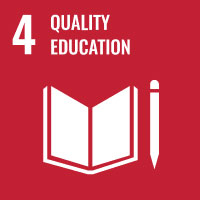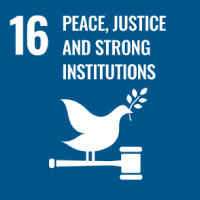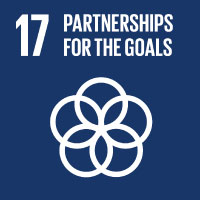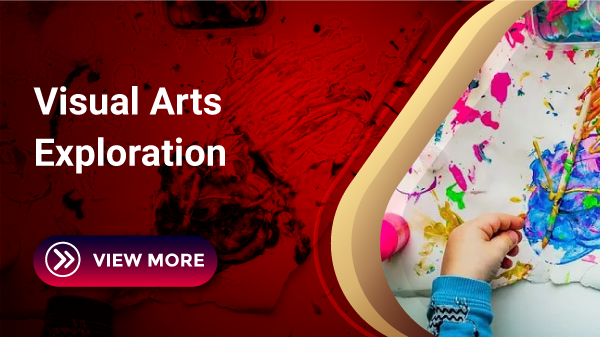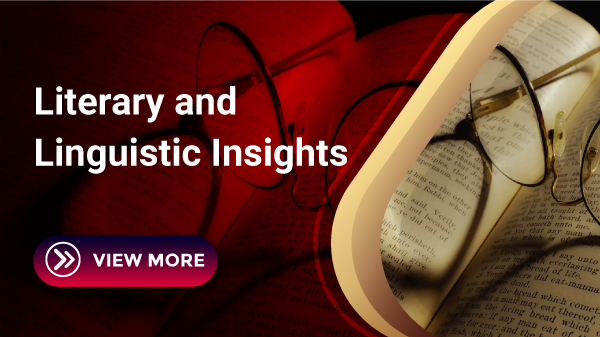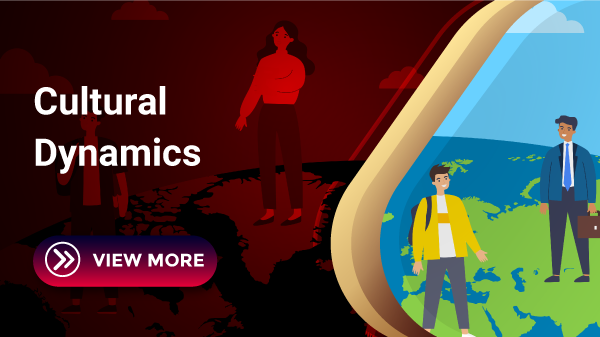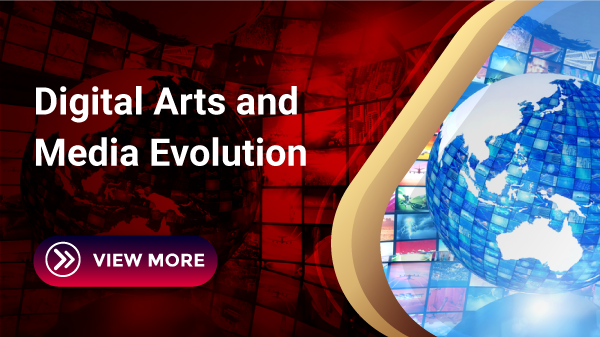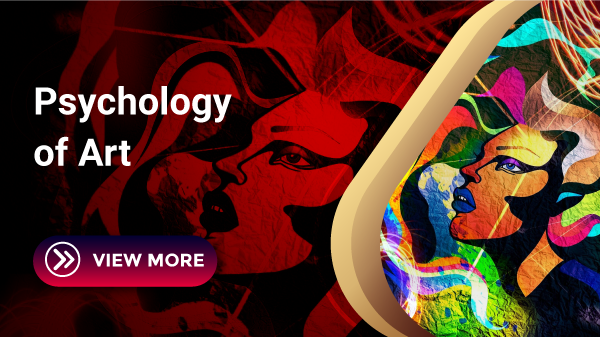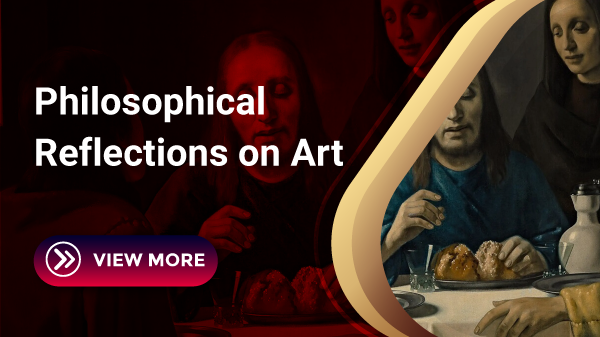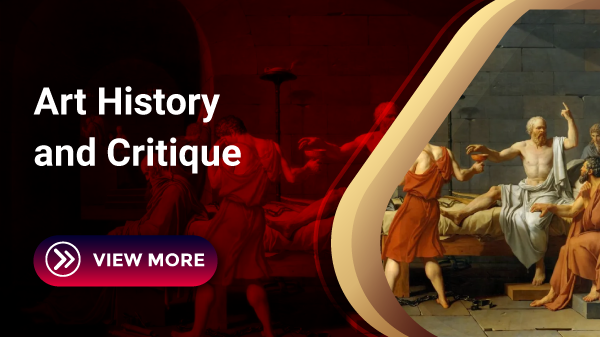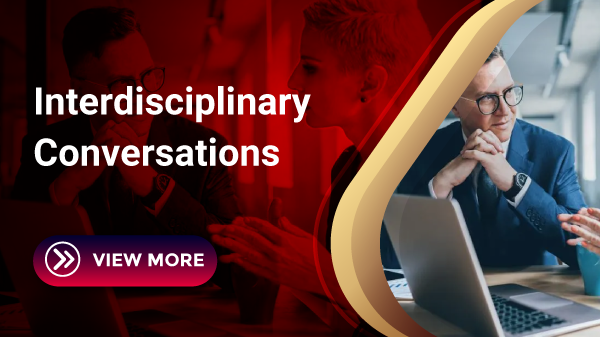Interdisciplinary Conversations
Session Overview:
The forthcoming “Intercontinental Congress on Art and Human Studies (ICAHS)” is designed to serve as a premier platform for esteemed Research Experts worldwide. Attendees can anticipate unparalleled opportunities to network, gain invaluable insights, showcase their hidden potential, present significant research findings, and receive due credit and recognition for their diligent work. With an overarching theme centred on preparing for a sustainable future, the conference aims to pave the way for a healthier and sustainable tomorrow for generations to come.
Prepare for an enriching voyage through cutting-edge research as you collaborate with esteemed experts worldwide. Together, we'll forge paths to success, reshaping the future and redefining scholarly excellence. Join us at the International Conference on Recent Trends in “Intercontinental Congress on Art and Human Studies (ICAHS)”. We warmly invite submissions of full papers and abstracts across diverse sessions such as, ’Visual Arts Exploration’, ‘Literary & Linguistic Insights’, ‘Cultural Dynamics’, ‘Performing Arts Showcase’, ‘Digital Arts & Media Evolution, ‘Psychology of Arts’, ‘Philosophical Reflections on Art’, ‘Art History & Critique’, ‘Interdisciplinary Conversations’, ‘Education on Arts & Humanities’. Embark on this journey with us and contribute to shaping the forefront of knowledge and innovation.
Interdisciplinary Conversations is
contribution to
The
Sustainable
Development Goals:
Goal 4: Quality Education
Goal 16: Peace, Justice and Strong Institutions
Goal 17: Partnerships for the Goals
Who Can Join
Tracks
Topics of Interest for Submission include, but are not limited to:
1 Art and Science Collaborations
2 Intersectionality in Art and Human Studies
3 Integrating Arts into STEM Education
4 Transdisciplinary Approaches to Creativity
Key Themes
- This conference session promise to offer a rich tapestry of insights where art and science intersect. Attendees will delve into the collaborative potential between these seemingly disparate fields, uncovering innovative pathways for exploration and discovery.
- Exploring "Intersectionality in Art and Human Studies" within the conference sessions promises to illuminate the interconnectedness of diverse human experiences. Attendees can anticipate gaining a deeper understanding of how art can serve as a powerful medium for expressing and exploring complex social and cultural narratives.
- "Integrating Arts into STEM Education" sessions offer a unique opportunity for conference attendees to explore the synergies between creativity and technical disciplines. Through practical discussions and case studies, participants can uncover strategies to foster interdisciplinary thinking and innovation in educational settings.
- The sessions on "Transdisciplinary Approaches to Creativity" offer a holistic view of creativity, transcending traditional boundaries. Attendees can expect to engage in dynamic conversations that bridge disciplines, unlocking new perspectives and methodologies to nurture creativity in diverse contexts.
Scope & Benefits of Attending, “Intercontinental Congress on Art and Human Studies (ICAHS)” Conference:
Prepare yourself for an extraordinary experience at the “Intercontinental Congress on Art and Human Studies (ICAHS)” conference, where attendees will have the opportunity to explore a diverse range of topics spanning various disciplines.
Attending the “Intercontinental Congress on Art and Human Studies (ICAHS)” conference has numerous scope and benefits like:

Benefits of Attending ICAHS 2024
- Global Exchange of Ideas: ICAHS brings together scholars, artists, and enthusiasts from around the world, providing a platform for the global exchange of ideas and perspectives. Attendees can engage in rich discussions on topics such as Visual Arts Exploration, Literary & Linguistic Insights, and Cultural Dynamics, gaining fresh insights and inspiration from diverse cultural backgrounds.
- Interdisciplinary Collaboration: With sessions like Interdisciplinary Conversations and Education on Arts & Humanities, ICAHS encourages collaboration across disciplines. Attendees have the opportunity to explore the intersections between art, psychology, philosophy, education, and more, fostering innovative approaches to research and creative practice.
- Professional Development: The conference offers a range of sessions dedicated to enhancing skills and knowledge in various aspects of the arts and humanities, including Performing Arts Showcase, Digital Arts & Media Evolution, and Art History & Critique. Attendees can gain practical insights, learn about new techniques and technologies, and refine their craft under the guidance of experts in the field.
- Cultural Enrichment: Delve into the rich tapestry of cultural expressions and traditions through sessions like Cultural Dynamics and Philosophy of Art. By examining cultural phenomena through a multidisciplinary lens, attendees can deepen their understanding of human experiences and cultivate a greater appreciation for diverse artistic expressions.
- Networking and Community Building: ICAHS provides ample opportunities for networking and community building among artists, scholars, and practitioners. Attendees can forge connections, share resources, and collaborate on future projects, fostering a supportive and vibrant community dedicated to the advancement of art and human studies.
Author Guidelines
Guidelines for Abstract Submission:
- Language: Abstracts must be written in English.
- Length: Limited to one paragraph with 200-250 words.
- Format: Submit in MS Word (.doc or .docx) document format.
- Content: Abstracts should provide an informative summary of the original work. Include a brief biography with your abstract, following the example provided in the template.
- Formatting: Center-align the Title, Author's Names, and Affiliations. Underline the presenting author's name.
- Submission: Please submit your abstract through the designated submission portal.
- Acknowledgment: Upon abstract submission, you will receive an acknowledgment email within three working days.
Evaluation Process
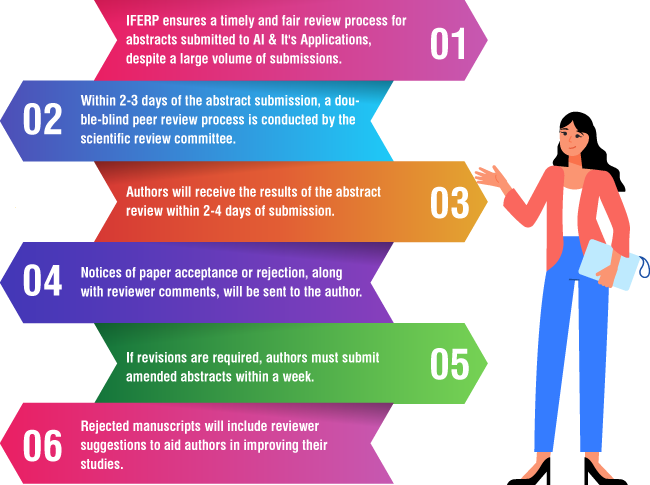
Guidelines for Full Paper Submission
If your abstract has been accepted and the registration fee for ICAHS - 2024 has been paid, you are invited to submit the full paper. Please adhere to the following guidelines for the submission:

- Total number of pages: 6-8 in double-column format
- Language: English (checked for grammar and language errors)
- Tables, figures, and images should be properly named and of high quality.
- Keywords should be written in lowercase letters (except for names/scientific names) and separated by commas.
- Affiliation names, including the country, must be provided.
- Each paper should be structured into the following sections:
- Background, Motivation, and Objective
- Statement of Contribution/Methods
- Results, Discussions, and Conclusions
Once your full paper is prepared according to the above instructions, please proceed to submit it through the provided link. Submit your Full paper Here.

